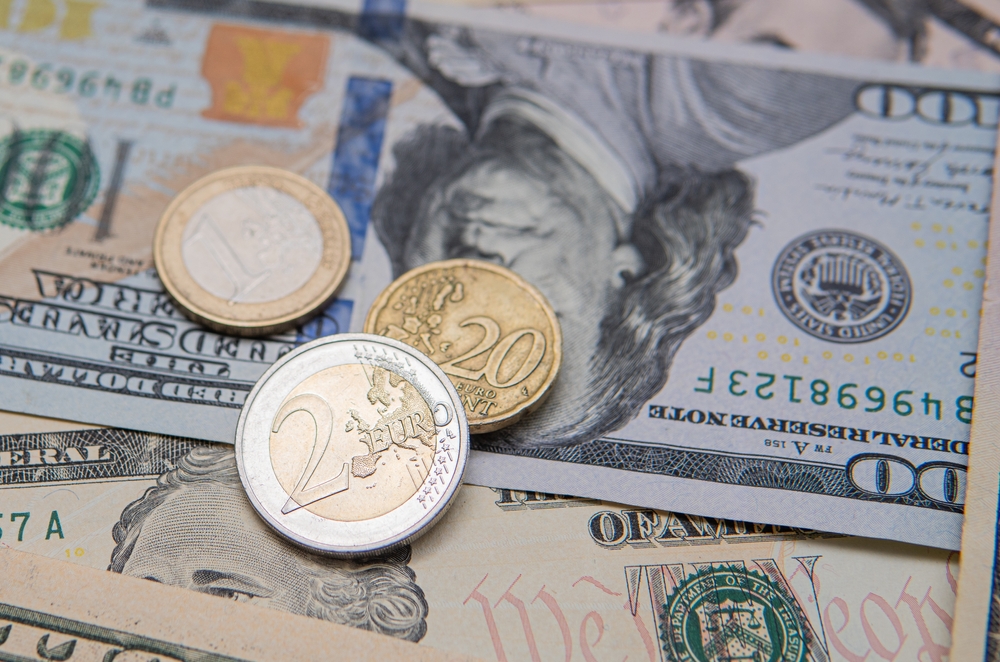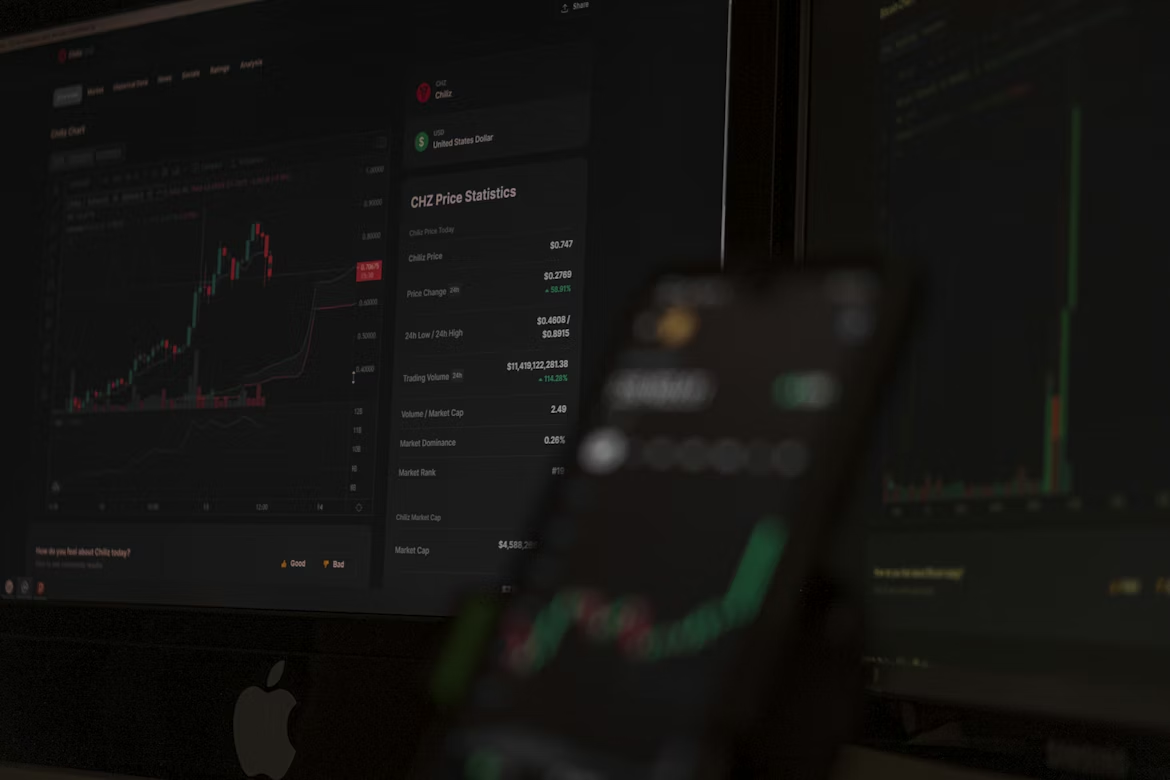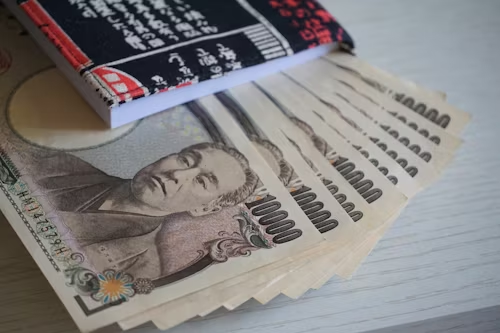China’s export ban on rare earth minerals like gallium, germanium, and antimony to the U.S. is sending shockwaves through tech and defence industries, cutting off access to 51% of its antimony imports, 54% of germanium, and about 21% of gallium. The ban puts a spotlight on supply chain vulnerabilities for high-tech goods and military equipment. Stocks of rare earth companies are already climbing as fears of shortages grow, and U.S. lawmakers are calling for more domestic mining to cut reliance on imports. This move was a tit for tat after U.S. government added 140 Chinese firms, including chip equipment maker Naura Technology Group, to the "entity list," imposing strict export controls on them. Industries are now racing to secure alternative supplies, changing the global trade landscape and sparking a shift toward resource self-reliance.
EQUITY
U.S. stocks scored another historic session on Wednesday, with the S&P 500 and Nasdaq reaching fresh record highs, powered by the technology sector and Fed Chair Powell's dovish comment. Salesforce and Marvell Technology led the charge, with the former gaining a cool 11% while the latter shocked with a 23% boost, both benefitting from strong earnings. The controversial Microstrategy made a comeback after bitcoin returned to break $100,000.
GOLD
Gold futures hovering around $2,670-$2,680 per troy ounce, with a slightly bearish near-term forecast. The upcoming nonfarm payrolls report will be pivotal in determining the Federal Reserve's monetary policy direction that would impact gold's short-term performance. Political instability in regions like France and South Korea could support a safe-haven buying narrative. Technicals suggest that price is accumulating after a strong move on Nov 25th.
OIL
Oil markets are bracing for OPEC+'s critical decision on production cuts, with the market betting that it will extend existing output restrictions through the first quarter of 2025. A recent Haynes Boone survey of 26 bankers sees WTI prices dropping to $58.62 per barrel by 2027 under the Trump administration, which promised lower energy prices. Market analysts remain intrigued by the role of natural gas, which Morgan Stanley predicts could enter a new cycle of demand growth with increasing LNG exports and rising electricity demand.
CURRENCY
The U.S. dollar was down slightly even with dovish comments by Fed Chair Powell, connotating the economy's healthy growth. The reason being is a weak employment report and a decline in the services sector index had pressured the market to bet more toward a 25 basis point rate cut next meeting. The euro gained on the news that France passed a no-confidence motion against the government, collapsing it, while the Korean won crashed on declared martial law, which only lasted less than a day with the impeachment of President Yoon Suk Yeol expected in the next few days.














